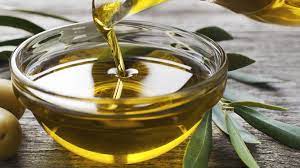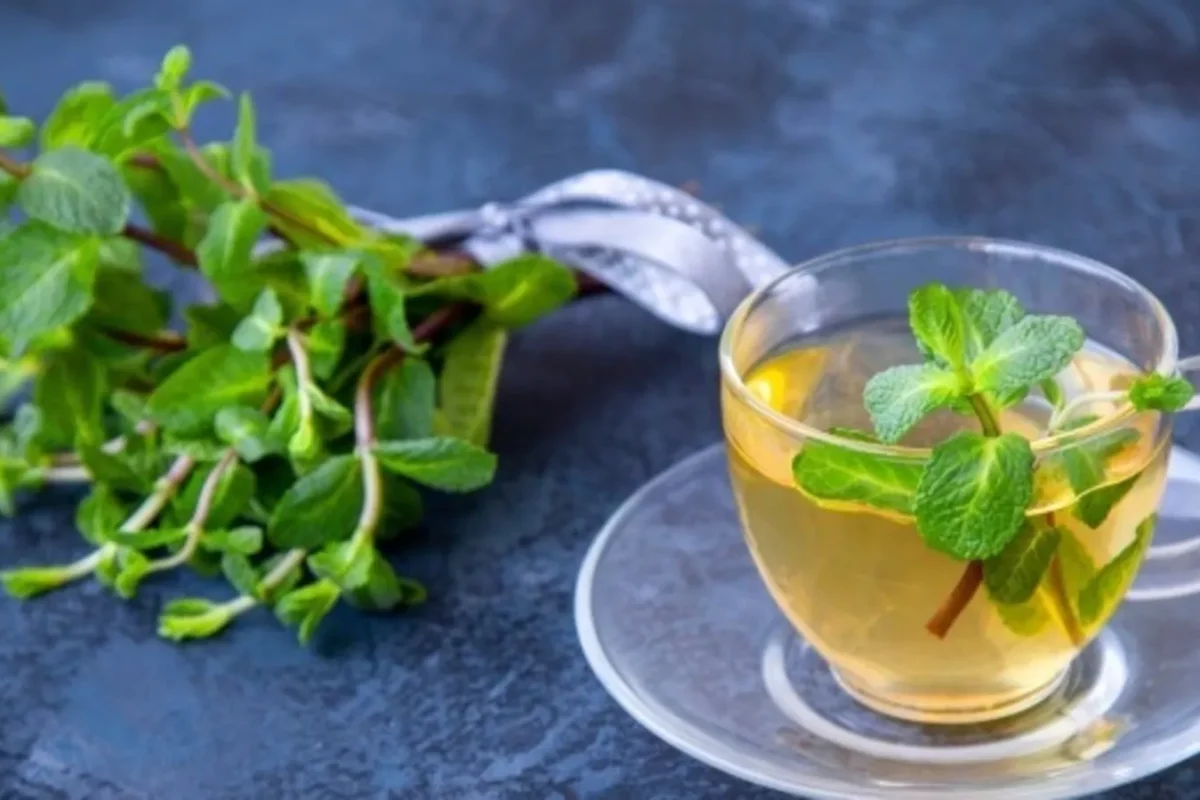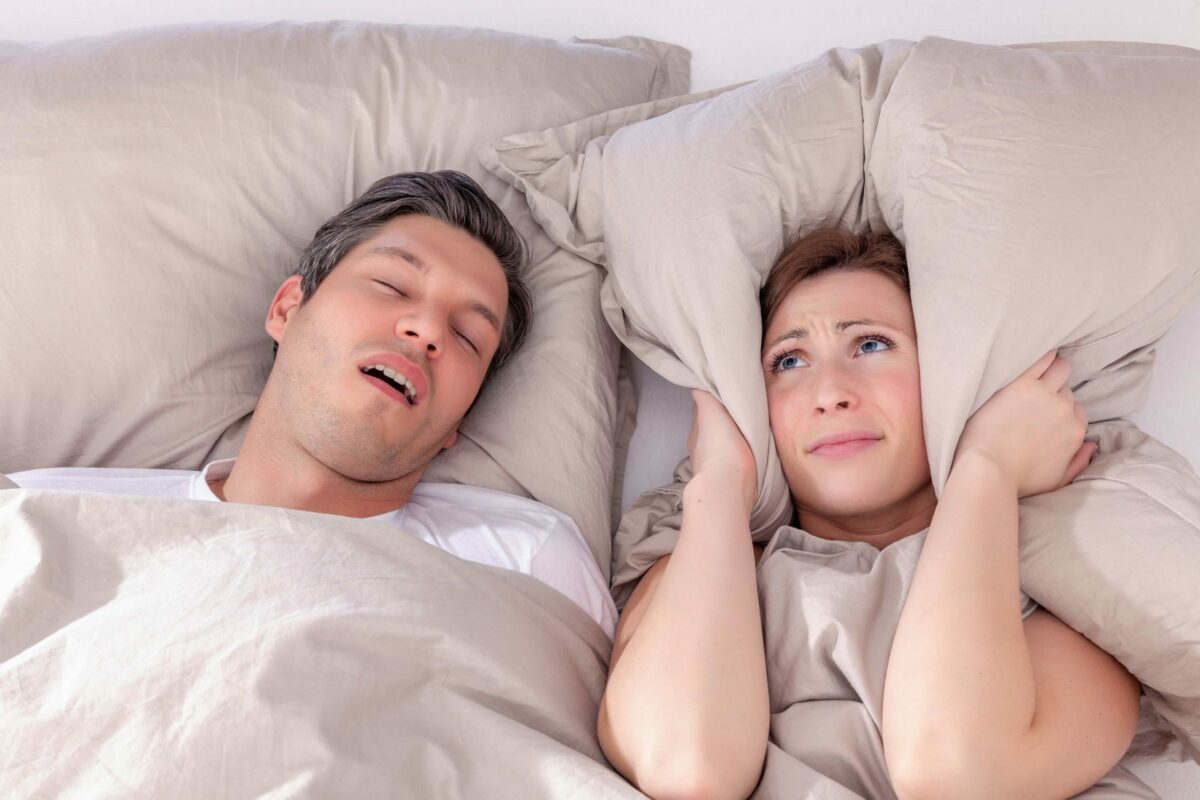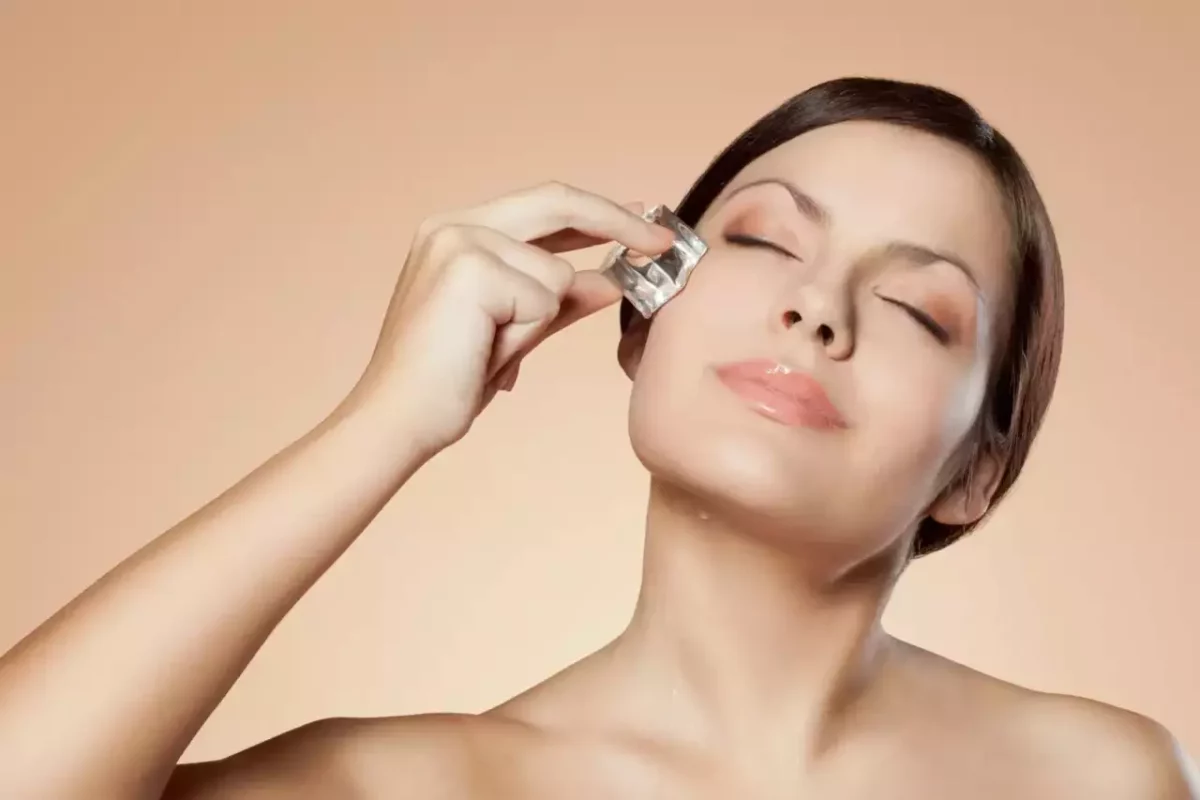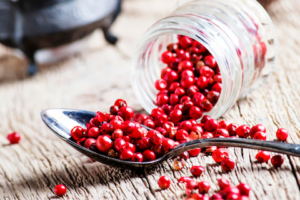The appearance of white hair is primarily caused by a natural aging process known as graying. However, there are other factors that can contribute to premature graying or white hair. Here are some causes of white hair:
Genetic Factors:
The most common cause of premature graying is genetics. If your parents or close relatives experienced early graying, there’s a higher chance that you will too.
Genetic factors play a significant role in determining when and how quickly your hair may turn white. If your parents or close relatives experienced premature graying or had a significant amount of white hair at an early age, there is a higher likelihood that you may also inherit this trait.
The specific genes responsible for graying hair have not been fully identified, but it is believed to be a combination of multiple genetic factors. These genes influence the production and distribution of melanin, the pigment that gives color to your hair, skin, and eyes. When these genes undergo certain changes or mutations, it can affect melanin production and result in premature graying.
While you cannot control your genetic makeup, understanding the role of genetics in premature graying can help you better manage your expectations and approach hair care. If you have a family history of early graying, it’s more likely that you may experience the same.
In such cases, the best approach is to focus on maintaining overall hair health and following the preventive measures mentioned earlier. While you may not be able to prevent the genetic factor from causing white hair, you can still take steps to keep your hair healthy, nourished, and well-cared for.
Also Read: WELLHEALTHORGANIC.COM:VITAMIN-E-HEALTH-BENEFITS-AND-NUTRITIONAL-SOURCES
Aging:
As you age, the production of melanin (the pigment responsible for hair color) decreases. This can result in the graying or whitening of hair.
Aging is one of the primary factors that contribute to the appearance of white hair. As we grow older, our hair follicles naturally produce less melanin, the pigment responsible for hair color. The gradual loss of melanin leads to a change in hair color from its original shade to gray and eventually white.
The exact mechanisms behind the aging process and graying of hair are still not fully understood. However, it is believed to be a combination of genetic, cellular, and environmental factors. The cells responsible for producing melanin, known as melanocytes, gradually reduce their activity and become less efficient with age. This results in a decrease in melanin production and the subsequent loss of hair color.
It’s important to note that the rate at which hair grays can vary from person to person. Some individuals may start seeing gray or white hair in their 30s or 40s, while others may maintain their natural hair color well into their 50s or beyond. The timing and extent of graying are influenced by a combination of genetics, lifestyle factors, and overall health.
While aging is a natural process and graying hair is a normal part of it, there are ways to embrace and care for your hair as you age. Maintaining a healthy lifestyle, including a balanced diet, regular exercise, and stress management, can contribute to the overall health of your hair. Additionally, using gentle hair care products, avoiding excessive heat styling, and protecting your hair from sun damage can help maintain its appearance and condition as you age.
Ultimately, the choice to embrace your natural hair color or explore different styling options, such as coloring or highlighting, is a personal one. Some individuals choose to embrace their gray or white hair as a symbol of wisdom and maturity, while others may prefer to use hair dyes to maintain a more youthful appearance. The most important thing is to feel confident and comfortable in your own skin and hair, regardless of its color.
Stress:
Excessive stress can impact the production of melanin and lead to premature graying of hair.
Stress is another factor that has been associated with premature graying of hair. While the exact relationship between stress and hair graying is not fully understood, it is believed that chronic or prolonged stress can contribute to the depletion of melanocytes, the cells responsible for producing melanin.
When you experience stress, it can disrupt the normal functioning of your body, including the hair follicles. Stress triggers the release of stress hormones, such as cortisol, which can negatively impact the melanocytes and interfere with melanin production. Over time, this can lead to the graying or whitening of hair.
It’s important to note that occasional or short-term periods of stress are unlikely to cause significant graying of hair. However, chronic stress, anxiety, and emotional distress may have a more noticeable effect on hair health and color.
To help mitigate the potential impact of stress on your hair, consider incorporating stress-management techniques into your daily routine. Some strategies that may help include:
- Regular Exercise: Engaging in physical activity can help reduce stress levels and promote overall well-being.
- Relaxation Techniques: Practice relaxation techniques such as deep breathing, meditation, or yoga to manage stress and promote relaxation.
- Adequate Sleep: Prioritize quality sleep to allow your body to recover and rejuvenate.
- Healthy Lifestyle: Maintain a balanced diet, stay hydrated, and limit the consumption of caffeine and alcohol.
- Emotional Support: Seek emotional support from friends, family, or a therapist to help cope with stress and anxiety.
By implementing these strategies, you can support your overall well-being and potentially minimize the impact of stress on your hair health, including premature graying. However, it’s important to remember that hair graying is a natural part of the aging process, and managing stress alone may not completely prevent or reverse it.
Also Read: WELLHEALTHORGANIC.COM:IF-YOU-ARE-TROUBLED-BY-SNORING-THEN-KNOW-HOME-REMEDIES-TO-DEAL-WITH-SNORING
Nutritional Deficiencies:
A lack of certain vitamins and minerals, such as vitamin B12, vitamin D, iron, and copper, can contribute to premature graying.
Nutritional deficiencies can play a role in the premature graying of hair. Certain vitamins, minerals, and other nutrients are essential for maintaining healthy hair follicles and supporting melanin production. When your body lacks these nutrients, it can potentially affect the health and color of your hair. Here are some key nutrients that play a role in hair health:
- Vitamin B12: This vitamin is important for melanin production and deficiency may contribute to premature graying. Good sources of vitamin B12 include meat, fish, eggs, and dairy products. If you follow a vegetarian or vegan diet, you may need to consider B12 supplements or fortified foods.
- Vitamin D: Adequate vitamin D levels are important for hair health and deficiency has been linked to hair loss and premature graying. Get natural sunlight exposure and include vitamin D-rich foods like fatty fish, fortified dairy products, and egg yolks in your diet.
- Iron: Iron deficiency, or anemia, can lead to hair loss and potentially contribute to premature graying. Include iron-rich foods such as lean meats, leafy green vegetables, legumes, and fortified cereals in your diet. Iron absorption can be enhanced by consuming vitamin C-rich foods along with iron-rich foods.
- Copper: Copper is involved in the production of melanin and a deficiency may affect hair pigmentation. Good sources of copper include organ meats, seafood, nuts, seeds, and whole grains.
- Antioxidants: Antioxidants help protect the hair follicles from oxidative stress and damage. Include foods rich in antioxidants such as berries, citrus fruits, dark leafy greens, and colorful vegetables in your diet.
To help prevent nutritional deficiencies and support hair health, aim for a well-balanced diet that includes a variety of nutrient-rich foods. If you suspect a specific deficiency or have concerns about your nutritional status, it’s advisable to consult with a healthcare professional or a registered dietitian who can assess your needs and provide personalized recommendations.
Smoking:
Smoking has been linked to premature aging and graying of hair due to the harmful effects of tobacco on hair follicles.
Smoking is not only harmful to your overall health but can also have negative effects on your hair, including premature graying. Here’s how smoking can contribute to the graying of hair:
Oxidative Stress: Smoking leads to increased oxidative stress in the body, which occurs when there is an imbalance between free radicals and antioxidants. Oxidative stress can damage cells, including the melanocytes responsible for producing melanin. This damage can disrupt melanin production and contribute to the premature graying of hair.
Reduced Blood Flow: Smoking constricts blood vessels and impairs blood circulation throughout the body, including the scalp. Inadequate blood flow can limit the delivery of essential nutrients and oxygen to the hair follicles, negatively impacting their health and function.
Accumulation of Toxins: Cigarette smoke contains numerous harmful chemicals and toxins that can accumulate in the body over time. These toxins can interfere with the normal functioning of cells, including those involved in hair pigmentation.
DNA Damage: The toxic substances in cigarette smoke can cause DNA damage and mutations in the cells, including the cells responsible for hair pigmentation. This DNA damage can contribute to the premature graying of hair.
Quitting smoking is essential for improving overall health and minimizing the negative effects on your hair and appearance. By quitting smoking, you can reduce oxidative stress, improve blood circulation, and decrease the accumulation of harmful toxins in your body. These changes can help promote healthier hair and potentially slow down the graying process.
If you’re struggling to quit smoking, consider seeking support from healthcare professionals, support groups, or smoking cessation programs. They can provide guidance, resources, and strategies to help you quit successfully. Remember, quitting smoking not only benefits your hair but also has numerous positive effects on your overall well-being.
Also Read: WELLHEALTHORGANIC.COM:EASY-WAY-TO-GAIN-WEIGHT-KNOW-HOW-RAISINS-CAN-HELP-IN-WEIGHT-GAIN
While it is difficult to prevent natural aging and the graying of hair, there are some natural ways to potentially slow down the process or maintain the health of your hair:
Nutritious Diet: Ensure you consume a balanced diet rich in vitamins, minerals, and antioxidants. Include foods like fruits, vegetables, whole grains, lean proteins, and healthy fats to support hair health.
Avoid Stress: Practice stress-management techniques such as exercise, meditation, or engaging in activities you enjoy to reduce stress levels.
Avoid Harsh Chemicals: Limit the use of chemical hair dyes, bleaches, and styling products that can damage the hair. Opt for natural and gentle hair care products.
Scalp Massage: Regularly massage your scalp to increase blood circulation and promote hair health. You can use natural oils like coconut oil, almond oil, or olive oil for the massage.
Quit Smoking: If you smoke, consider quitting, as it not only contributes to premature graying but also affects overall health.
Natural Remedies: Some natural remedies, such as applying a paste of Indian gooseberry (amla), black tea, or henna to the hair, may help maintain the natural color and health of your hair. However, their effectiveness varies from person to person.
Remember, while these tips may help maintain the health of your hair, they cannot reverse the graying process entirely. Embracing the natural aging of your hair can also be a beautiful and confident choice.
Conclusion
In conclusion, there are several factors that can contribute to white or gray hair, including genetic factors, aging, stress, nutritional deficiencies, and smoking. While some of these factors, such as genetics and aging, are natural and unavoidable, others can be influenced by lifestyle choices and habits.
Although it is challenging to prevent or reverse the natural aging process and the graying of hair, there are steps you can take to maintain the health of your hair and potentially slow down the graying process. These include adopting a nutritious diet, managing stress effectively, avoiding harsh chemicals and heat styling, quitting smoking, and incorporating natural remedies and hair care practices that promote hair health.
It’s important to remember that embracing your natural hair color, whether it’s gray, white, or any other shade, is a personal choice. You can choose to celebrate the beauty of aging gracefully or explore hair coloring options if you prefer to maintain a different color.
If you have concerns about premature graying or the health of your hair, it’s always a good idea to consult with a healthcare professional or a dermatologist who can provide personalized advice and address any underlying issues.
Ultimately, taking care of your overall well-being, including your hair health, through healthy lifestyle choices and self-care practices is key. Embrace your unique hair journey and choose the path that makes you feel confident and comfortable.
FAQ
Q: Can stress cause white hair?
A: While there is no definitive scientific evidence linking stress directly to the graying of hair, chronic or prolonged stress has been associated with premature graying. Stress can disrupt the normal functioning of hair follicles and melanocytes, the cells responsible for producing melanin. This disruption can potentially contribute to the loss of hair color and the appearance of white or gray hair.
Q: Can white hair be reversed naturally?
A: Once hair has turned white or gray due to natural aging or other factors, it cannot be reversed to its original color naturally. However, you can take steps to maintain the health of your hair and potentially slow down the graying process. This includes following a balanced diet, managing stress, avoiding harsh chemicals, quitting smoking, and practicing good hair care habits.
Q: Are there any natural remedies to prevent white hair?
A: While there is no guaranteed natural remedy to prevent white hair, some people believe that applying certain substances, such as Indian gooseberry (amla), black tea, or henna, to the hair can help maintain its natural color. However, the effectiveness of these remedies varies among individuals, and results may not be consistent. It’s important to approach natural remedies with caution and consider them as complementary practices rather than definitive solutions.
Q: Does plucking a white hair make more grow back?
A: No, the common belief that plucking a white hair will cause more to grow back is a myth. Plucking a single white hair does not stimulate the growth of additional white hairs. However, excessive plucking or pulling of hair can damage the hair follicles and potentially lead to hair thinning or hair loss over time.
Q: Can dietary changes reverse white hair?
A: Making dietary changes alone is unlikely to reverse white hair completely. However, consuming a balanced diet that includes essential nutrients like vitamins B12, D, and minerals like iron and copper can support overall hair health. A nutritious diet can contribute to the overall well-being of your hair, but it cannot reverse the graying process caused by natural aging or genetic factors.
Q: Is gray hair a sign of poor health?
A: Gray hair itself is not necessarily a sign of poor health. It is a natural part of the aging process, and many people develop gray hair as they grow older. However, certain medical conditions or nutritional deficiencies can contribute to premature graying or other changes in hair color. If you have concerns about your hair health, it’s best to consult with a healthcare professional for a proper evaluation.








